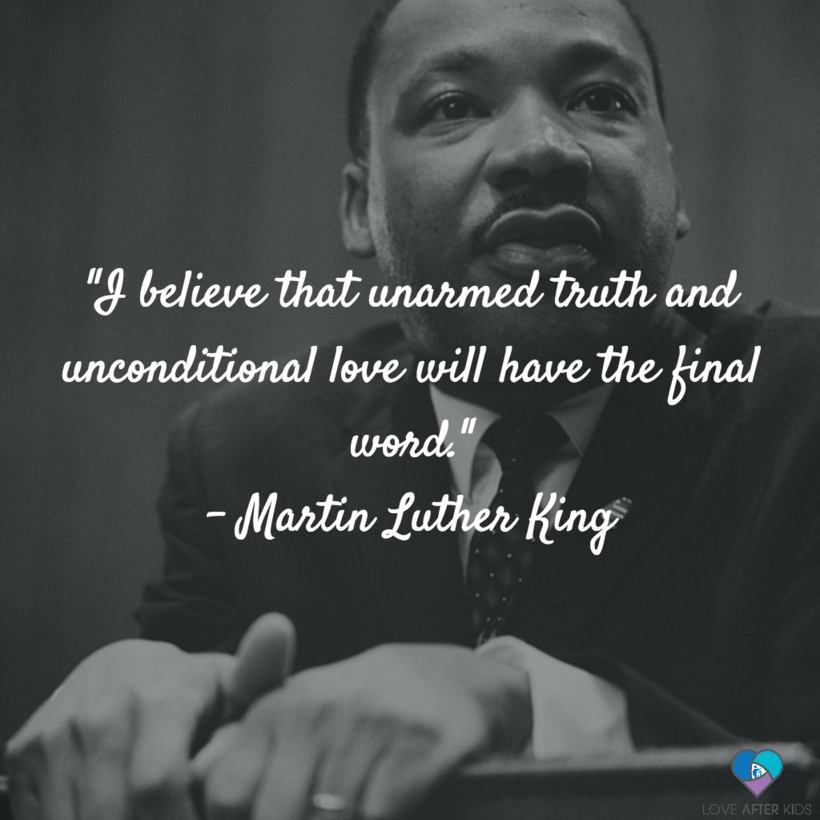KNOWING AND THE UNKNOWN IN PARENTING & RELATIONSHIPS
I feel known when I feel someone is open and curious about me.
I feel unknown when a question is more of an excuse to make it about them.
I feel known when I have an idea and someone wants to understand it.
I feel unknown when I have an idea and I feel judged, dismissed and/or pigeonholed.
I feel known when someone wants to know why I act a certain way, ie. what my thoughts and feelings are that contributed to my behavior.
I feel unknown when my behavior is responded to in a vacuum.
I feel known when there is space to explore and live in possibility.
I feel unknown when someone assumes I think and feel a certain way based on the past.

I am guilty many times over of consciously and unconsciously relating in the unknown ways in all of my relationships.
When I am holding court, I can be incredibly judgmental and opinionated. I can make sweeping generalizations and assumptions, eradicating the possibilities of the other. I know this about myself. I don’t like this about myself. I am working on this and will continue to do so.
When I slow down and connect and choose openness over avoidance, I can be expansive and sensitive and make others feel understood, loved and accepted.

I was inspired by the recent U.S. presidential election to work on getting out of the unknown when it comes to dealing with people with different political beliefs. That’s another work in progress.
Love After Kids and my clinical work have inadvertently helped to hold me accountable with respect to my relationship with my own wife and kids. Again, it doesn’t mean that I don’t make mistakes. It does mean that I am more aware and willing to question my own behaviors, to work on moving from the unknown to the known.

As parents, if we are not careful, our kids can easily become blank canvases for our projections and shortcomings. The effect of imposing your beliefs on your children over time can be debilitating. Most of it happens outside of awareness versus it being something that is done intentionally. That is why awareness is such a critical ingredient for growth and change.
Parenting Exercise
- First, try making a list of strongly held beliefs that you have about who your children are and how you think they should be.
- Second, for each item on your list, ask yourself why you believe it.
- Third, what do you say and do to your children to reinforce these beliefs?
- Fourth, how do you think this impacts them?
- Fifth, is there anything you can do differently that could give them more space to express themselves?

As partners, if we are not careful, our partners can also become blank canvases for our projections and assumptions. With our partners, this is usually based on defensive/protective posturing in response to wounds and transgressions in the relationship over time. This entails predicting behavior, assuming you know how they’ll respond and what they think and feel. Assumptions close the doors of discovery and create self-fulfilling prophecies.
Relationship Exercise
- First, try making a list of strongly held beliefs that you have about who your partner is and how you think they should be.
- Second, for each item on the list, ask yourself why you believe it.
- Third, what do you say and do to your partner to reinforce these beliefs?
- Fourth, how do you think this impacts them?
- Fifth, is there anything you can do differently that could give them more space to express themselves?

These are not easy exercises. They involve doing some serious soul-searching and challenging habitual ways of thinking, believing and relating. This is the spirit in which I created the Love After Kids Relationship Toolkit.
CLICK HERE FOR UPDATES AND NEW POSTS
David B. Younger, Ph.D is the creator of Love After Kids, helping couples with their relationships since having children. He is a clinical psychologist and couple’s therapist with a web-based private practice and a regular contributor to the Huffington Post and Thrive Global. David lives in Austin, Texas with his wife, two kids and toy poodle.
CHECK OUT THE RELATIONSHIP TOOLKIT HERE
Originally published at www.huffingtonpost.com on April 5, 2017.
Originally published at medium.com


